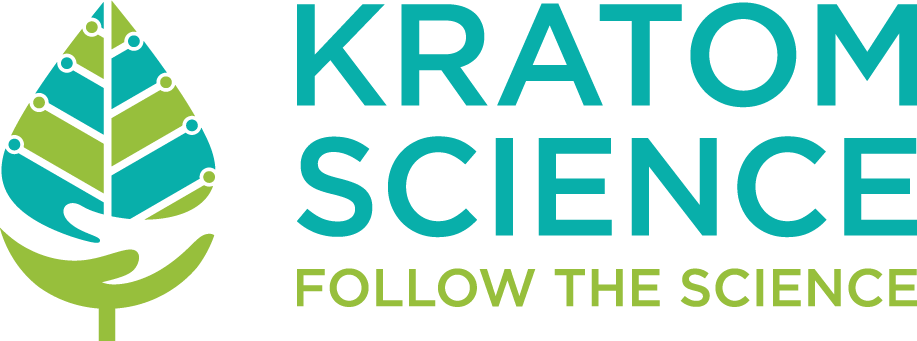Kratom in Malta
Kratom Legal Status
Currently legal
Law
Where to buy kratom in Malta
Shipments are allowed when sent from an European Union member state where kratom is legal, regulated by the EU customs union in the Lisbon Treaty.
National drug strategy & laws
Launched in 2008, the Maltese National Drugs Policy document addresses illicit drug problems. The strategy aims to streamline the actions of the government and non-government bodies that are responsible for delivering services to drug users. It is primarily concerned with illicit drugs, but it also considers the abuse of prescription medications.
The principal pieces of legislation dealing with substance use in Malta are the Medical and Kindred Professions Ordinance (Cap. 31), which relates to psychotropic drugs, and the Dangerous Drugs Ordinance (Cap. 101) and the Drug Dependence (Treatment not Imprisonment) Act 2014, which relate to narcotic drugs.
The illegal use of psychotropic and narcotic drugs is not, per se, recognised in Maltese law, although the use of these substances, if proven in court, leads to a conviction for possession or trafficking. Maltese law recognises two kinds of possession: simple possession, or possession for personal use; and aggravated possession, or possession of drugs not for the offender’s exclusive use.
New psychoactive substances are addressed through the existing legal framework by amending the lists of proscribed substances in the Medical and Kindred Professions Ordinance and the Dangerous Drugs Ordinance.
National treatment policy
The National Drugs Policy puts an emphasis on synergies between service providers and other health and social professionals and institutions to ensure a multidisciplinary approach to treatment provision.
There are five main drug treatment providers: three are funded by the government and two are non-governmental organisations (NGOs) partially funded by the government. These providers deliver different types of treatment, which can be classified into five main categories: specialised outpatient services; low-threshold services; inpatient treatment programmes; detoxification treatment; and opioid substitution treatment (OST). NGO-based outpatient services offer long- or short-term support through social work, counselling, group therapy and psychological interventions, while low-threshold programmes offer day-care services.
Five inpatient units are available in Malta, of which three are therapeutic communities. The residential programmes provide a holistic, multidisciplinary approach to therapy in a communal living environment, and aim to guide clients towards abstinence. One programme offers inpatient detoxification.
OST is provided by the Substance Misuse Outpatient Unit (SMOPU). Methadone maintenance treatment has been available in Malta since 1987, with take-home methadone prescriptions available since 2005. Buprenorphine was introduced in 2006. It is also available as a take-home treatment by prescription from either the SMOPU or a general practitioner. Dihydrocodeine is prescribed in rare instances.
